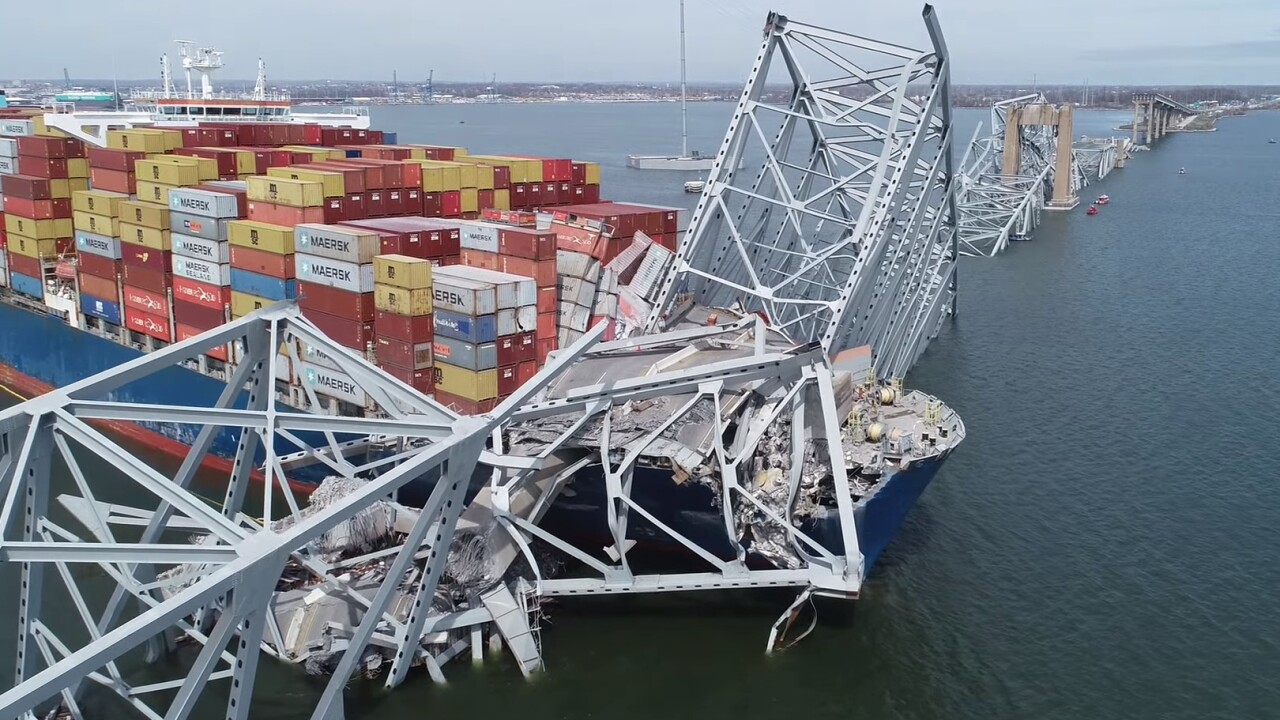Higher aviation fuel taxes could fund improved train access at Newark Liberty International Airport.
State lawmakers are moving forward with legislation that would impose an additional fuel tax on airlines to finance a $1.7 billion extension of the Port Authority of New York and New Jersey’s PATH transit service to Newark Liberty. Critics say the proposal could put New Jersey at risk for future economic losses.

The proposal would the change New Jersey’s existing law that only collects a 4-cent-per-gallon tax for airplane fuel used during taxiing and takeoff. The expanded aviation fuel tax would apply to all fuel purchased in New Jersey and net the state as much as $40 million of new annual tax revenue, according to bill sponsors.
“Removing the exemption that effectively limits surcharges on fuel used for takeoffs and landings will bring New Jersey in line with the practices of most other states,” State Sen. Sandra Cunningham, D-Jersey City, said in a statement. “This is a legitimate and effective means of funding upgrades and improvements to a system that provides direct services to the airport.”
New Jersey has the fifth lowest aviation fuel tax rate in the nation, according to the
While the legislation was amended to include other airlines, Dan Lynch, United’s vice president for state and local government affairs, said the fuel tax changes may prompt it to explore other hubs for connecting Newark traffic, such as Washington’s Dulles International Airport.
He said the policy change would increase United’s yearly costs by $20 million while also placing New Jersey at a competitive disadvantage with the neighboring states of New York and Pennsylvania.
“We have to weigh all factors when we consider where we grow,” said Lynch during testimony before the Senate Budget and Appropriations Committee. “It is my profound concern that increasing costs could stunt United’s future investments at Newark and in turn New Jersey, curtailing our vision for growth, leading to fewer flights and slower job growth.”
United, under the existing tax structure,
Lynch noted that United has been a “major taxpayer” in New Jersey by paying local and corporate taxes and the in addition to the existing jet fuel tax. The airline also has invested more than $2 billion in unsubsidized capital improvements including $400 million during the past two years, according to Lynch.
“United is not looking to undermine the merits of the PATH Extension project, which as per its proposed scope and environmental statement, seeks to serve Newark’s community transportation access needs,” said Lynch. “However, this funding approach won’t fly.”
The state Senate passed the fuel tax proposal on a 21-17 vote, sending it to the Assembly for consideration.
The project would extend PATH service from its current termination point at Newark Penn Station a little more than three miles south to the Newark Airport train station in the city's South Ward. PATH has terminals in lower Manhattan at the World Trade Center and in Midtown at 33rd St.
The station is more than a mile from the airport terminals, across a web of highways and parking lots, connected by a monorail that has a reputation for being
Bill sponsors say the PATH extension would provide an added economic boost to New Jersey’s largest city. The station is also serviced by New Jersey Transit and Amtrak trains, which both provide service to midtown Manhattan through New York’s Penn Station.
Upon completion of the PATH extension, additional revenue would be dedicated for airport safety or improvement projects through the New Jersey Department of Transportation’s Airport Improvement Program. The PATH project was budgeted as part of the Port Authority’s 10-year capital plan with the assumption it will receive $730 million in grants from the Federal Transit Administration, a measure the Trump administration would need to sign off on.
“Newark Airport is the cornerstone of a transportation network that is a key component of the state’s economy, creating jobs and sustaining economic growth,” New Jersey Senate President Steve Sweeney, D-Gloucester, said in a statement. “Providing a direct link to lower Manhattan will make Newark Liberty the airport of choice for those doing business in the financial center of the world and it will help ease roadway congestion by creating a direct PATH connection for passengers and airport employees alike.”
The Port Authority declined to comment on the pending legislation. The bi-state transportation agency, which runs all three major New York-area airports among many other responsibilities, is one of the nation's largest municipal bond issuers with around $20 billion in outstanding debt. It has debt ratings of Aa3 from Moody's Investors Service and AA-minus from S&P Global Ratings and Fitch Ratings.
Regina Egea, president of Garden State Initiative, a self-described free-market research and educational organization, said the fuel tax proposal represents a “monopolist attitude” that New Jersey lawmakers have taken over the years and could ultimately backfire.
Egea noted that monthly gas tax revenues have fallen in 10 out of 11 reporting periods since the state raised the gas tax two years ago from one of the lowest in the nation to the highest including a 23% drop in August. She said just like consumers have filled up their gas tanks less in New Jersey of late, United Airlines could also decide that investing in the Garden State isn’t worth it when hit with higher prices.
“United Airlines has choices and they of course do marginal analysis on their next dollar of investment,” said Egea, who was chief of staff under former Gov. Chris Christie from 2015 to 2016. “The more New Jersey makes Newark Liberty uncompetitive while there are more financially attractive options like Dulles, the less United will grow here to serve consumers and businesses. It’s basic competitive market economics.”





